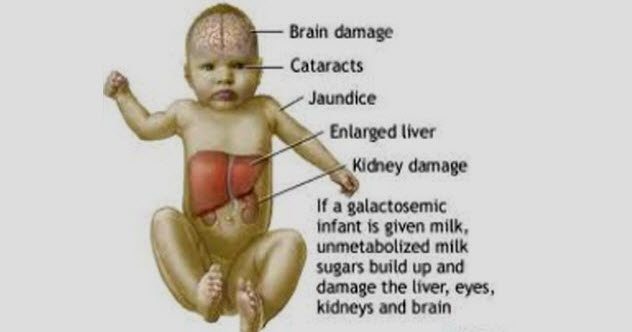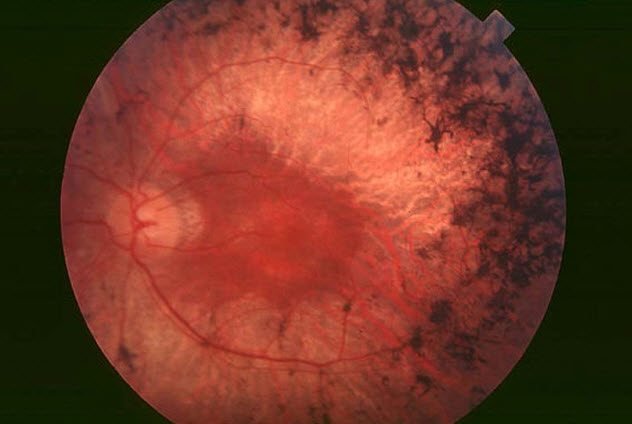Top 5 Examples Of Founder Effects
Humanity has long been drawn to the great unknown, the untamed wilderness of unexplored lands. Often, that call is answered by a small group intent on setting up a colony and starting a new life.However, intermarriage and a suspicion of outsiders often lead to a lack of genetic diversity, resulting in what are known as founder effects. Here are 10 examples of these unexpected occurrences.
1.Twin Births
Somebody call Alex Jones: There’s a Nazi conspiracy afoot. For years, a remote Brazilian town was held up as an example of research conducted by the notorious Dr. Josef Mengele. The reasoning: Candido Godoi has a twin rate nearly 1,000 percent higher than the rest of the world.However, more recent research has led people to point to a genetic founder effect as the real reason.[10] The small town of around 6,000 was formed by a small number of families, specifically German immigrants.Moreover, during the years that Mengele was allegedly in the town, there was no increased occurrence of twinning. However, in support of the founder effect hypothesis, women who had given birth to twins were likely to have inbreeding present in their families.
2.Tay-Sachs Disease
Tay-Sachs disease has a number of different forms, although the most common strikes during infancy. A progressively destructive disorder, it attacks neurons within the brain and spinal cord. Unfortunately, those afflicted often only live into early childhood. There is no treatment or cure for the disorder.Extremely rare in the general population, Tay-Sachs is estimated to affect 1 in 320,000 newborns. However, there are a number of groups who suffer from likelier occurrences.The Ashkenazi Jews are one of them, with the disorder affecting as many as 1 in 27 people in this community in the United States. Other high-frequency groups are less likely to have Tay-Sachs than the Ashkenazi Jews. These include the Old Order Amish, certain French Canadian communities, and the Cajun community of Louisiana.The disorder hasn’t faded from these communities because both copies of the gene need mutations for the person to suffer from Tay-Sachs. Many of the people in these groups probably have one copy and get to live normal, healthy lives.[9]
3.Deafness
Today, Martha’s Vineyard is best known as the playground of the rich, a summer home for the most affluent Americans. However, in the 19th century, it was best known for the sky-high levels of deafness occurring in its population.In fact, the residents were known for their own form of communication: Martha’s Vineyard Sign Language.[8] Thanks to the genetics of a man named Jonathan Lambert and intermarriage between the inhabitants of the islands, 1 in 25 people in the small town of Chilmark were deaf. (For comparison, deafness occurred in 1 in 5,700 people at this time across the entire US.)A small village in the Jammu and Kashmir state of northern India is also home to a remarkably high prevalence of deafness. Much like their Massachusetts counterparts, those living in what is known as “The Village of Silence” can trace their affliction to intermarriage and the genetics of one man. In this case, a man named Mir Ali who established the settlement in 1901 is to blame. (His brothers also had the same genetic problem.)
4.Maple Syrup Urine Disease
Maple syrup urine disease (MSUD) is characterized by an odor that smells remarkably like maple syrup in the urine and earwax of its sufferers. The disorder results from the deficiency of certain enzymes which inhibits the breakdown of various amino acids in the bodies of those afflicted.If left untreated, MSUD can be fatal. Rare in the general population—only 1 in 185,000—this genetic disorder is unbelievably common within the Old Order Mennonites.[7]Having immigrated to Pennsylvania in the early 18th century, the Old Order Mennonites suffer from increased incidences of a number of genetic disorders. MSUD is said to occur in 1 of every 358 births (over 500 times more likely than the general population.)Like many religious sects, especially those which are fundamentalist, the Old Order Mennonites have married one too many cousins, resulting in a significant decrease in their population’s genetic diversity.
5.Retinitis Pigmentosa
A group of genetic disorders which affect the cells in the retina, retinitis pigmentosa often results in difficulty seeing at night as well as other forms of partial blindness. Eventually, most sufferers lose nearly all their sight, often presenting as a severe form of tunnel vision.Retinitis pigmentosa affects as many as 1 in 4,000 people. However, one small subset of people has a much higher rate of occurrence: Ashkenazi Jews.Formed as a result of the Jewish diaspora out of their ancestral homeland, the Ashkenazi Jews coalesced as a unique community toward the end of the 10th century. While there are multiple mutations responsible for retinitis pigmentosa, mutations in two particular genes are overwhelmingly responsible in this particular population.[6] When compared to the general population, these mutations are about 12 times more likely to occur in Ashkenazi Jews.




